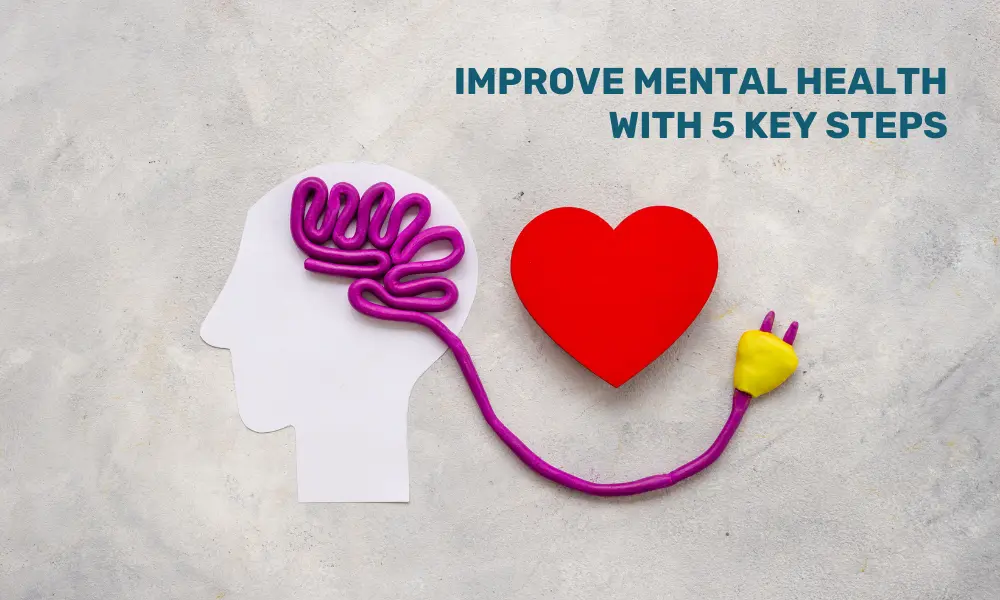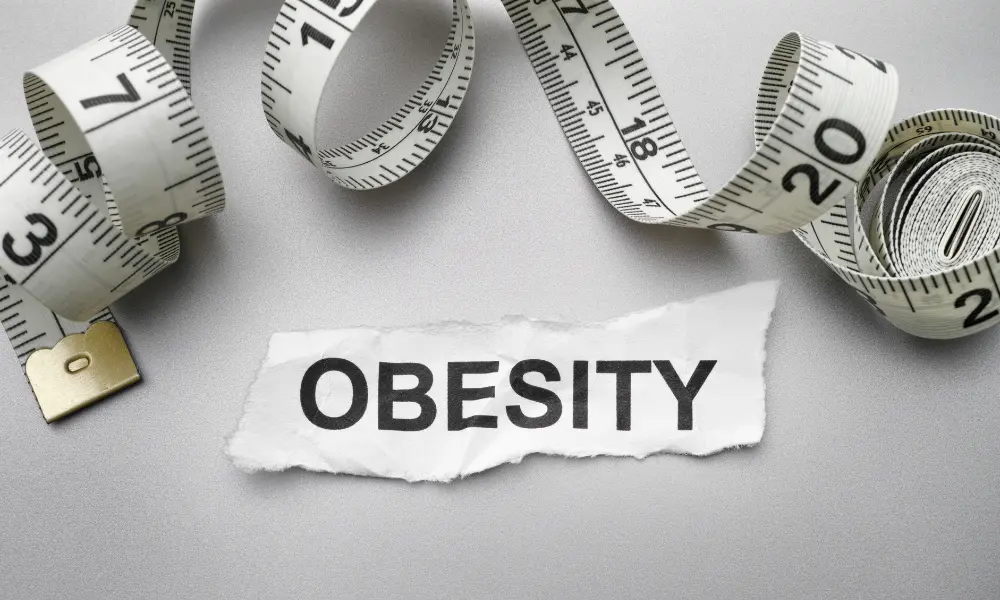Mental health is an important part of our general wellness, but people often overlook or ignore it until it severely impacts their daily lives. The recognition of early symptoms of poor mental health can equip individuals with the ability to seek help and support before challenges worsen.
Our mental health is equally important as our physical health. Mental health is important as it helps us cope with life’s challenges, build relationships, and work productively. Our mental health impacts our overall health.
Why is mental health important?
-
Helps cope with stress, loss, and change
-
Helps us to be physically fit
-
Helps to learn and realize our potential
-
Helps in maintaining social circles and good relationships
-
Helps to contribute to our community
Common indicators that may suggest mental health concerns:
-
Social Withdrawal
Mental health issues can be apparent in a sudden or gradual withdrawal from friends, family, or social activities. Isolating oneself is often associated with conditions like anxiety or depression, as individuals might be overwhelmed by interactions or think that nobody can understand their plight.
-
Physical Symptoms Without a Clear Cause
The mind and body are integrally connected, which means many mental health issues are physical in their presentation, such as headaches, stomach-aches, muscle tension, or even chronic fatigue. If these symptoms remain after multiple medical treatments, consulting a psychologist would be in order.
-
Persistent Feelings of Sadness or Hopelessness
While everyone has bad days, if one feels miserable for weeks or feels hopeless, there may be an underlying issue such as depression. If these emotions last for weeks or interfere with daily activities, they must be taken seriously. Feelings of worthlessness or a lack of purpose may also accompany this sign.
-
Changes in Sleep Patterns
Poor mental health commonly disrupts sleep. This could be insomnia or inability to sleep soundly at night. Sleep is vital for our mind and body to rest and recover, and continued disruptions can exacerbate emotional conditions, leading to a vicious cycle.
-
Difficulty Making Decisions
Mental health issues can impact our ability to concentrate, remember things, or even make decisions. This can impact performance at work or school and make everyday tasks seem impossible. Stress, anxiety, or depression may be contributing factors to this mental haze.
Ways to Improve Mental Health
There are many ways that can help improve our mental health, including exercising, eating well, and practicing self-care. One must have a healthy routine and avoid things that impact our mental health. Here are ways to improve our mental health:
-
Stay active, get regular exercise, and try a new sport or hobby.
-
Eat well and have a balanced diet.
-
Limit alcohol, caffeine, refined carbs, and added sugars.
-
Stay hydrated and drink enough water during the day.
-
Build a social support network. Reach out to friends or family members, and volunteer in your community.
-
Practice self-care and get enough sleep.
-
Practice gratitude and journaling.
-
Set goals and priorities.
-
Reduce blue light exposure just before bed.
-
Practice mindfulness. Take deep breaths, Practice mindful eating, and Identify and challenge negative thoughts.
-
Explore new experiences. Try to learn something new that may be outside your comfort zone, like learning a new language or skill or working on a DIY project.
-
Consider counselling; if you are struggling with your mental health, you can seek counselling.
FAQ on Mental Health
What are the five C’s of mental health?
The five Cs are competence, confidence, character, caring, and connection. The anxiety dimensions are social anxiety, Physical symptoms, Separation anxiety, and Harm avoidance.
What are five ways to improve your mental health?
-
Get regular exercise. A simple 30 minutes of walking every day can be helpful in boosting mood and improving your health
-
Eat healthy, regular meals and stay hydrated
-
Make sleep a priority, and have a bedtime routine.
-
Focus on positivity
-
Try a relaxing activity
How important is mental health?
Mental health is as important for our overall well-being as physical health, and it affects how we live our lives. It impacts how we think, feel, behave, and it helps determine how we react to stress and relationships.





